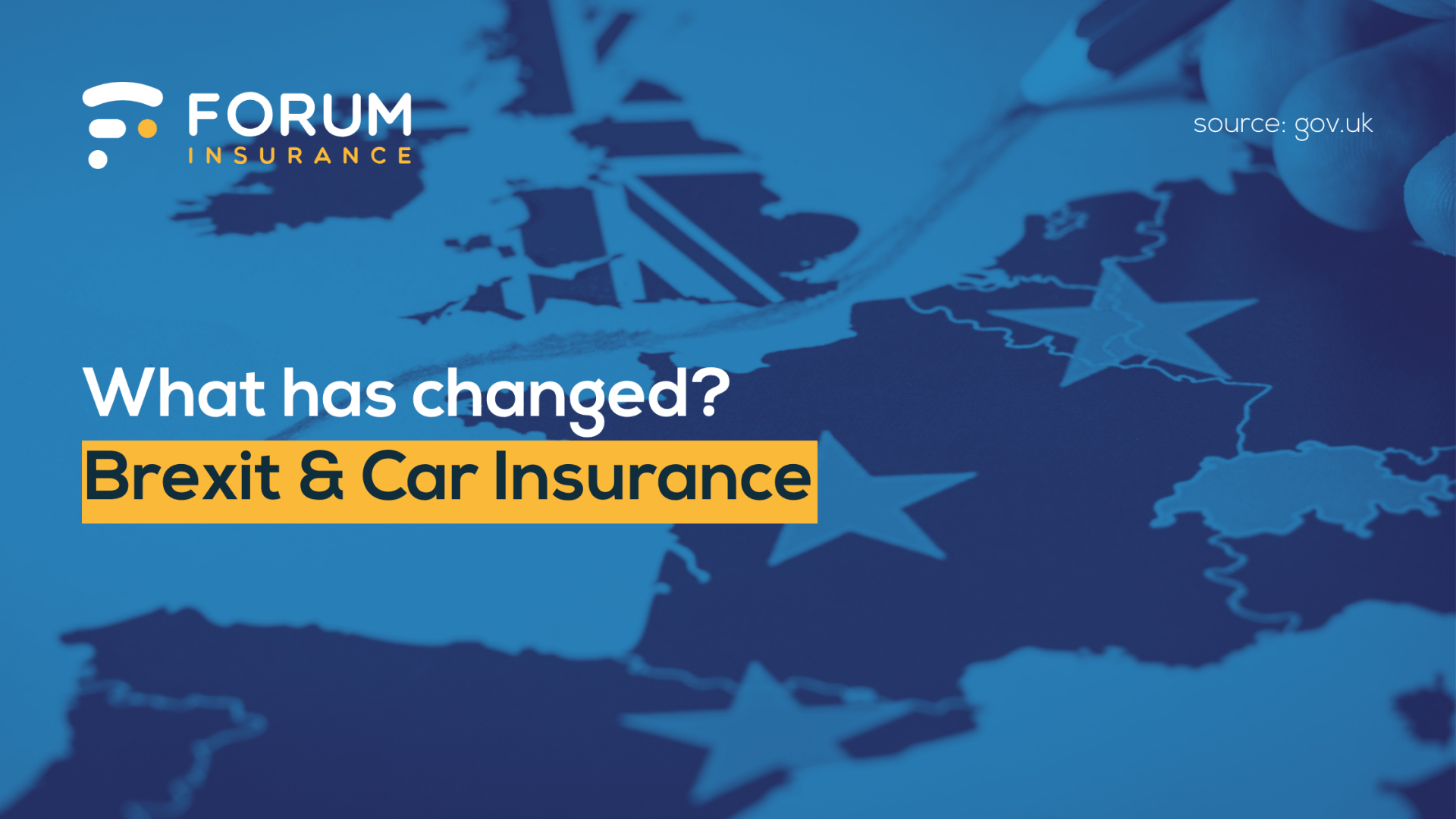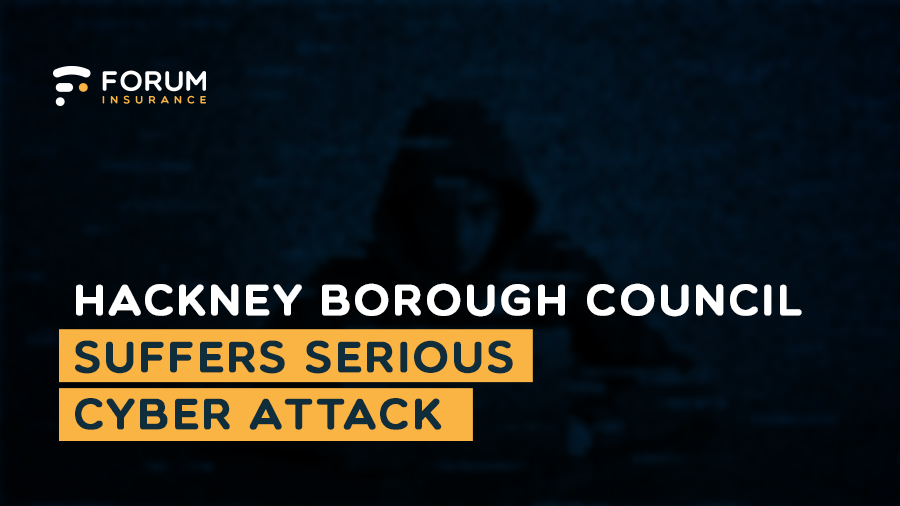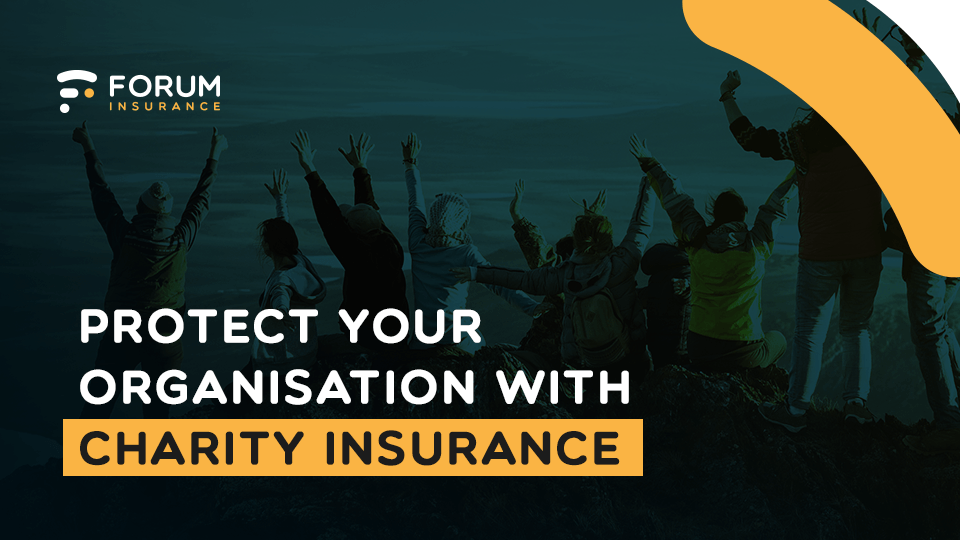Protect Your Organisation with Charity Insurance
Non-profit organisations and charities are known to play vital roles in helping and making lives better for many people. This not only includes the people they support but also the fundraisers, employees and volunteers they work with. All are brought together under a charity in the name of a good cause to help others. But things can go wrong even for organisations that help others. Therefore, charities must also insure against the unexpected, just like businesses do. You need to have a combination of employers' liability, public liability and trustee liability in order to protect yourself from any claims made by donors, workers, volunteers and the public.
The laws governing the sector for charities and non-profit organisations in the UK vary depending on where you reside in the country. As a result, many people struggle with differentiating between a charity and a non-profit organisation. Let's have a quick look at the major differences between the two before we move further.
What is a charity?
The Charity Commission for England and Wales has regarded a charity as an organisation that has been put in place to do charity work. All of its legal matters are handled by the High Court charity law. A charity is also conditioned to provide public benefit to the general public or to a fraction of the public that is sufficient enough.
Moreover, being a charity, if you are earning over £5,000 annually, you are required to register with the Charity Commission. However, if your organisation is involved in work that has both charitable and non-charitable aspects to it, it won't fulfil the legal requirements of being recognised as a charity.
If your organisation is operating in Scotland, the definition is worded a bit differently but essentially means the same. The
Scottish Charity Regulator OSCR has designed a charity test that is required to be met by an organisation to be termed as a charity. It simply means that the organisation must be exclusively working for charitable purposes to benefit the public.
What is a non-profit organisation?
A non-profit organisation, on the other hand, is defined differently. Organisations which are not eligible for beneficial tax are not regarded as charities. So, all community interest companies that are working for the benefit of the community and are reinvesting all of their profits for them again are not charities. Other organisations which fall under the label of non-profit include non-governmental organisations campaigning, non-charitable social enterprises and non-charitable housing associations.
Three important types of insurances for charities
Employers' liability insurance
An employee spends almost one-third of their day at work. This is for most days throughout the year. As a result, the chances of them getting ill or injured at work are high. Employers' liability insurance saves you from any trouble that may come your way in case an employee gets ill or injured at work. It is important to note that the employee in question does not have to be a full-time employee. It could be anyone, from the helping staff to someone working part-time or someone you hired for a single job for a day. Employers' liability insurance will cover any costs you incur as a result of this mishap.
Trustee liability insurance
Trustees of charities have to shoulder great responsibilities. Their aim is always to do good work and take good care of people. However, in their line of work, everything is not under their control. One mistake made by a person volunteering for them can cost them a lot. As a result, trustee liability insurance provides financial protection against any monetary claims made against them. This is one of the most vital types of insurance that charities require.
Public liability insurance
Another important type of insurance for charities is public liability insurance. This type of insurance helps a charity in scenarios where a member from the public comes forward with any compensation claims. Public members can make compensation claims if they get injured, or their property incurs damage due to any event that your organisation was working on. This type of insurance is vital for charities since they are always organising events outside with volunteers handling the logistics. Chances of accidents happening, whether minor or major, are always high. Therefore, instead of paying high costs from your own pocket, it is better to have the insurance company cover for you.
Unfortunate Circumstances which require charity insurance!
An Injured Customer
Suppose a customer walks in your charity shop and slips of the staircase at the front. If god forbid, they break their ankle. They won't be able to work for quite some time. This provides them with room to make claims against you. If you have public liability, say from Forum Insurance, the cost of your defence against the claims made will be covered. The insurance will also cover any costs if you reach a settlement with the customer.
Unsatisfied Clients
No matter how good your intentions are, unforeseen circumstances can always occur. These are situations which you don't even see coming your way. For instance, if you have organised a fundraiser concert, and the fundraiser somehow ends up getting injured. Now they can put all the blame on you for being negligent and not ensuring complete safety. Moreover, you also need to take into account the fact that you rely on volunteers for the set-up process. Volunteers can be neglectful as they are not paid. Having trustee liability, you will be able to maintain their trust and keep your organisation in good books. It covers all the legal and settlement costs in case something goes wrong.
Falling Ill in The Office
What will you do if the cleaning products in your office are not being stored correctly? What if the person responsible for handling them was neglectful and now a few of your employees have respiratory problems? This is certainly not your fault as you gave the job to store the products to someone else. However, the employees may not understand this and might make claims against you. It might cost you a fortune to fight these claims. However, if you have employer's liability insurance, all the legal costs will be covered, and the costs associated with a settlement as well if you reach one.
To Conclude
If you are trying to find the answer to the question of whether you should protect your organisation with charity insurance, then the answer is yes! Running a charity organisation is a highly appreciable work. However, the appreciation is not going to save you if any unforeseen circumstance occurs and you are stuck with legal claims made against your organisations. There you would have to pay the high costs, or you could save yourself the money and have the insurance cover it for you.
Recent Posts












